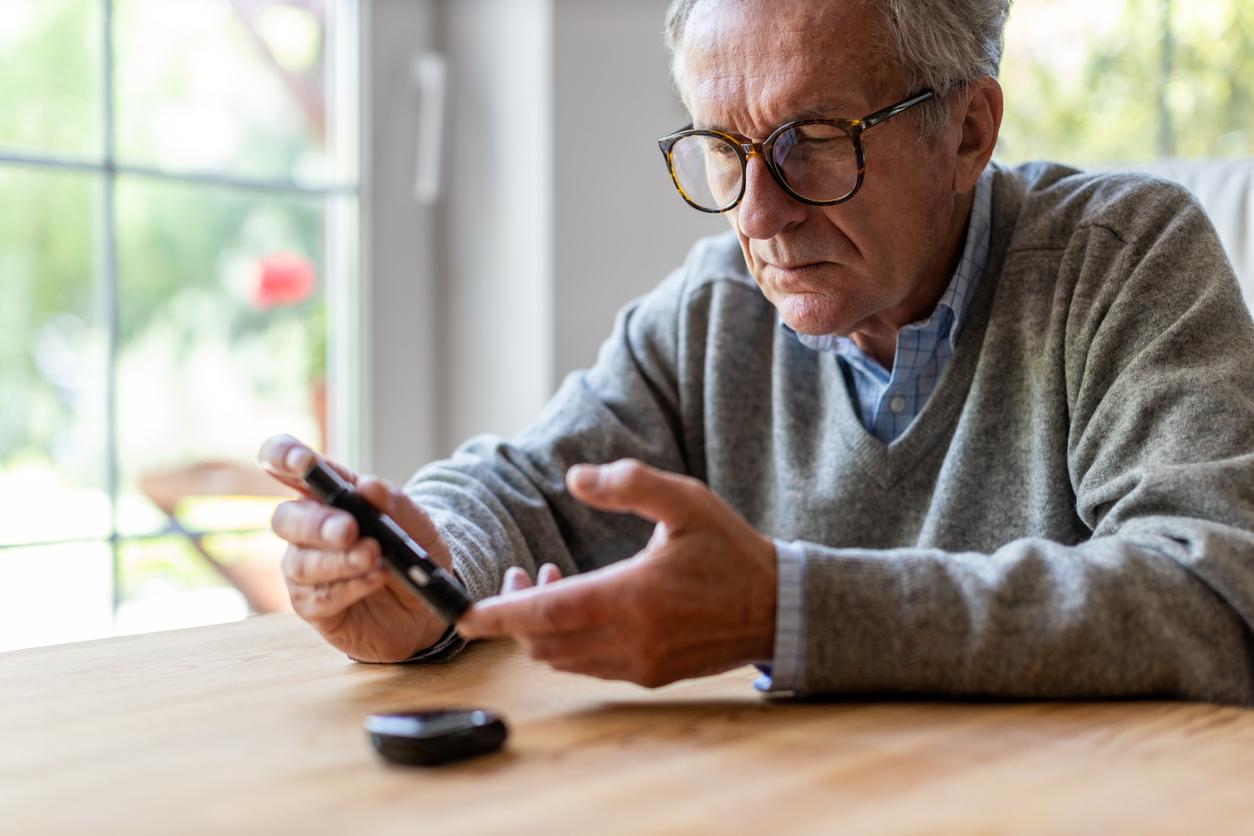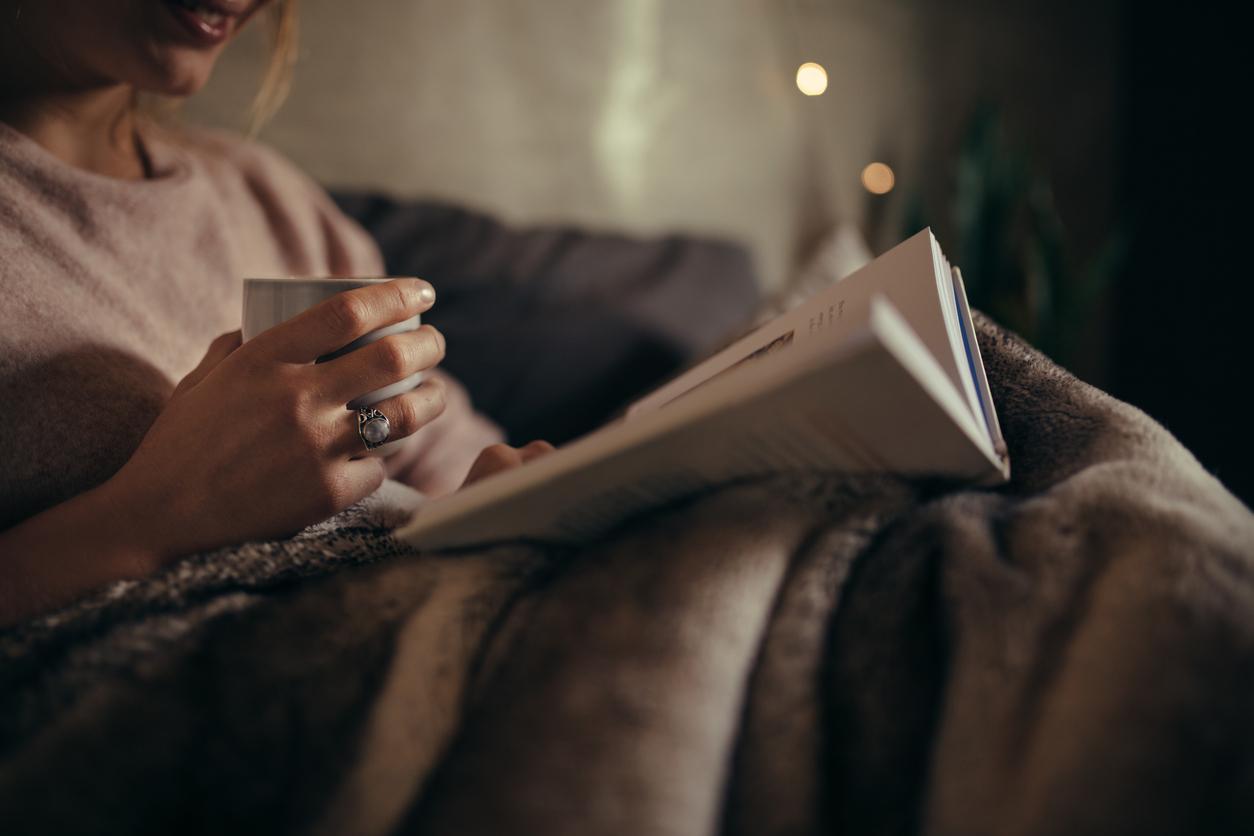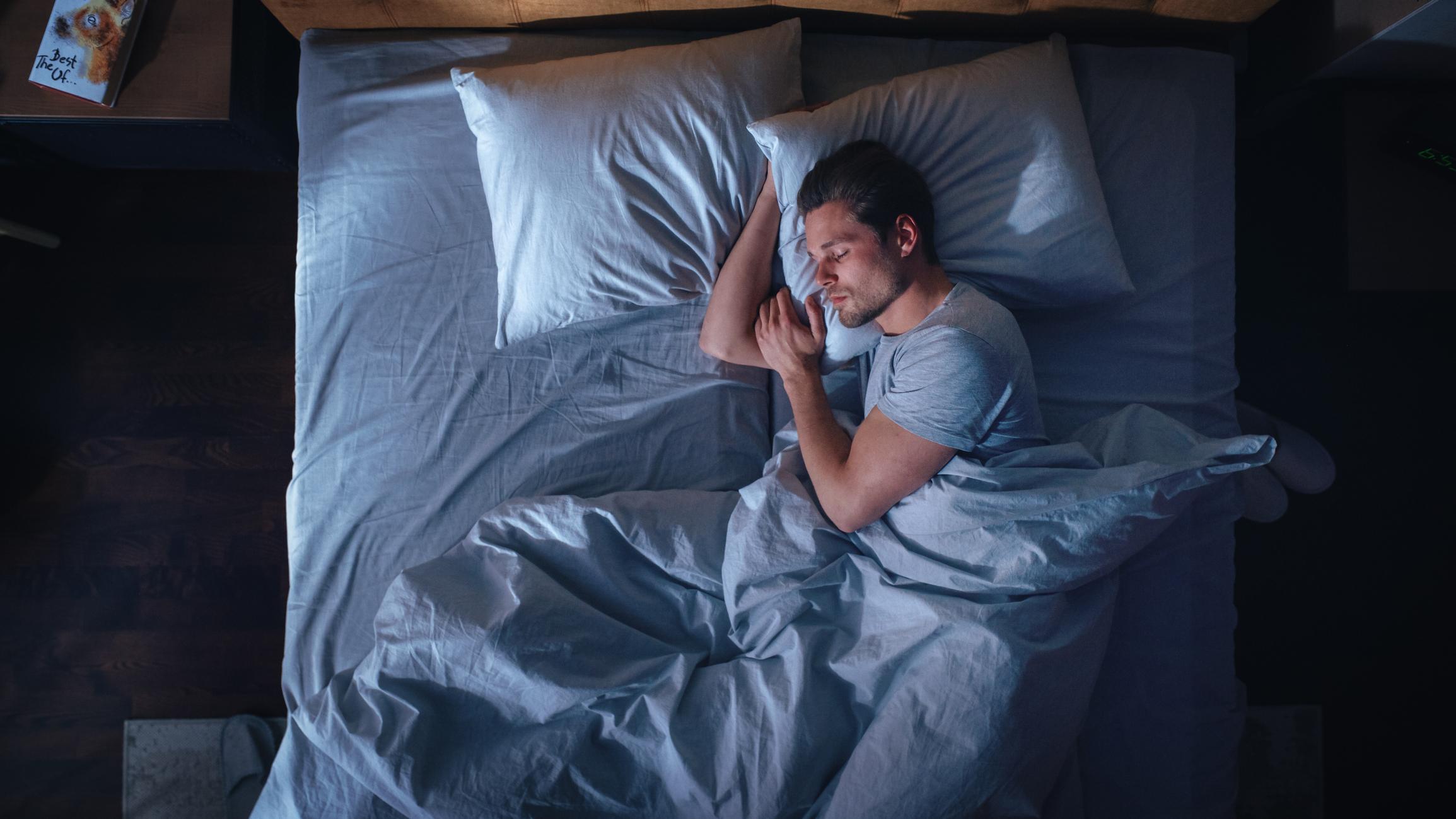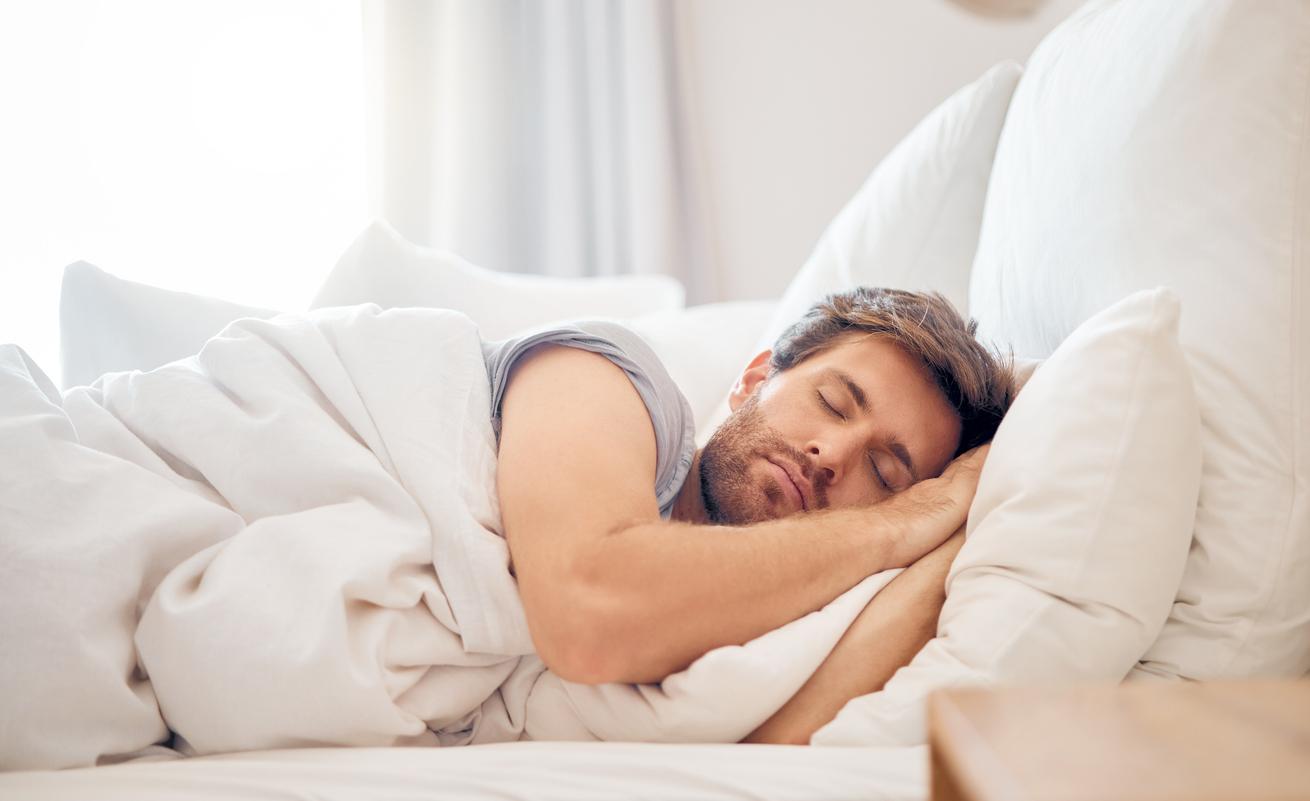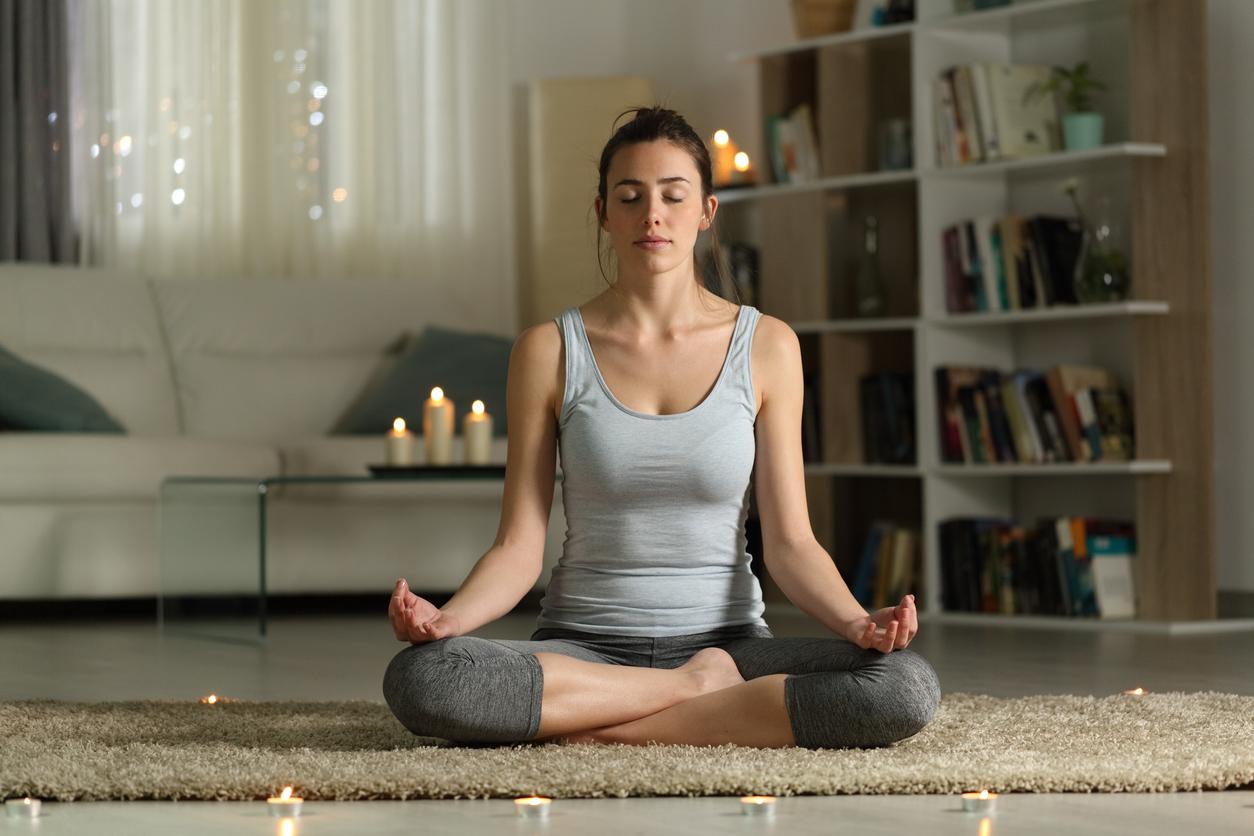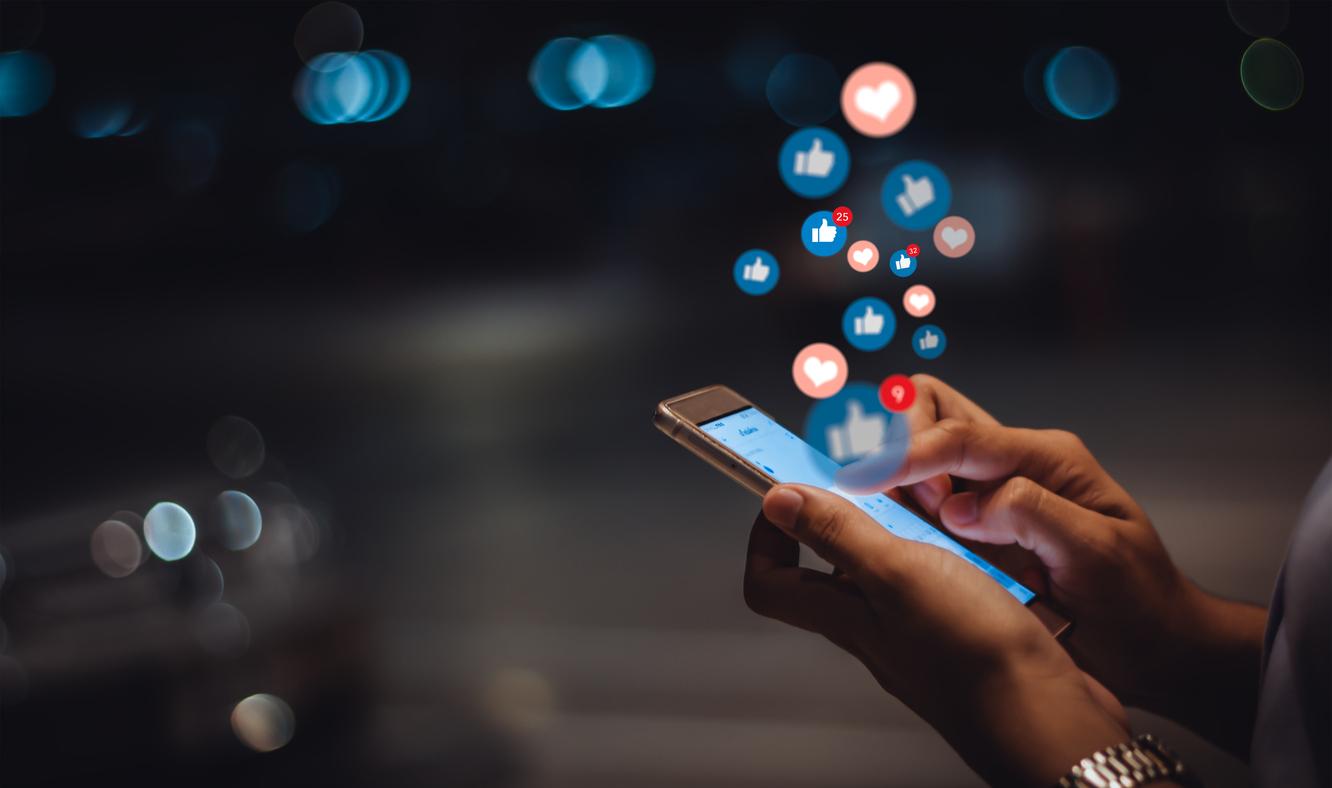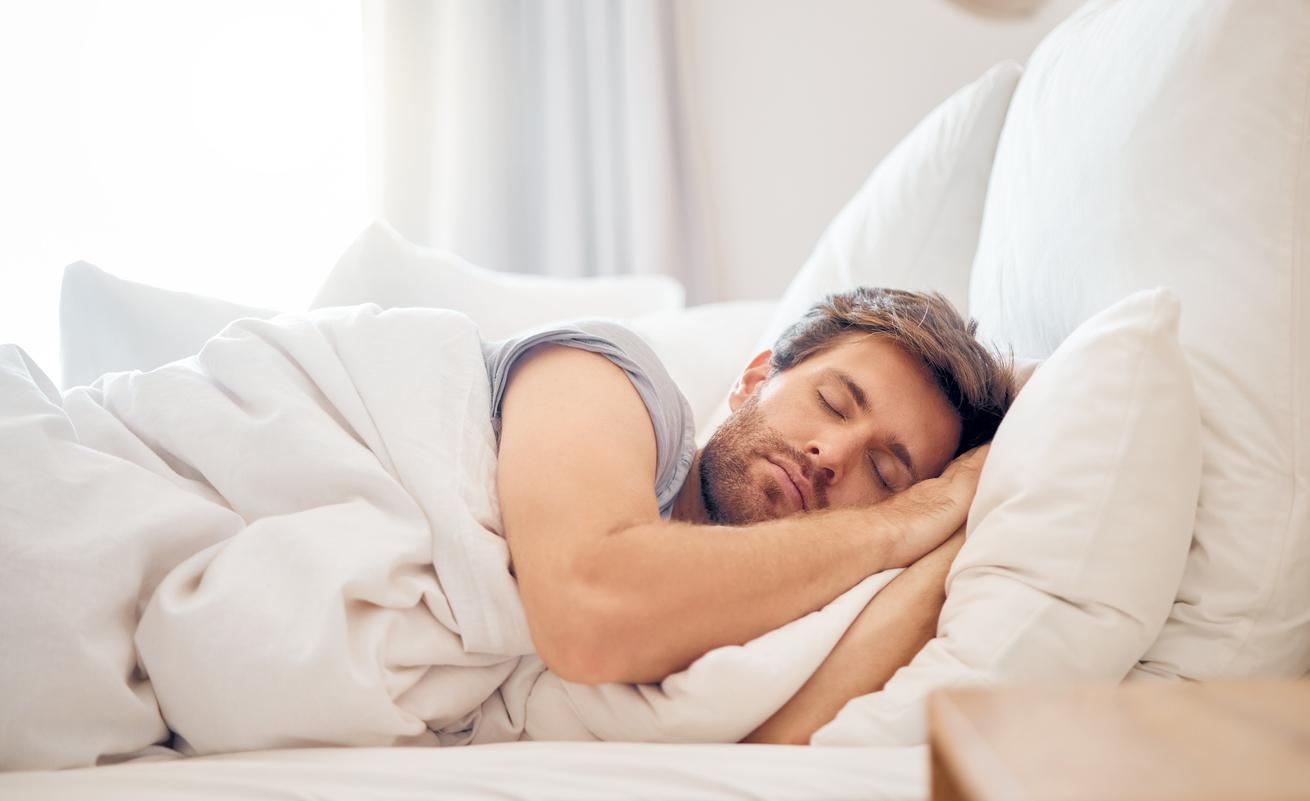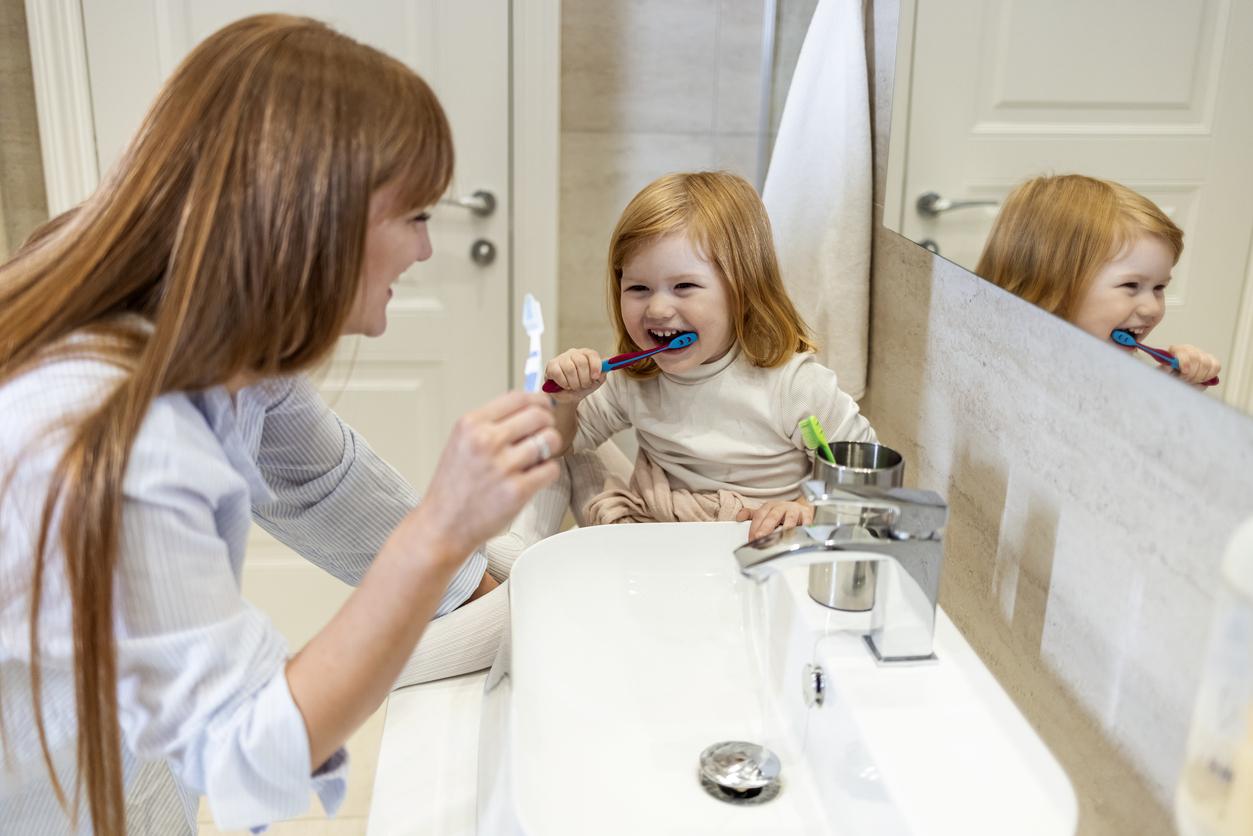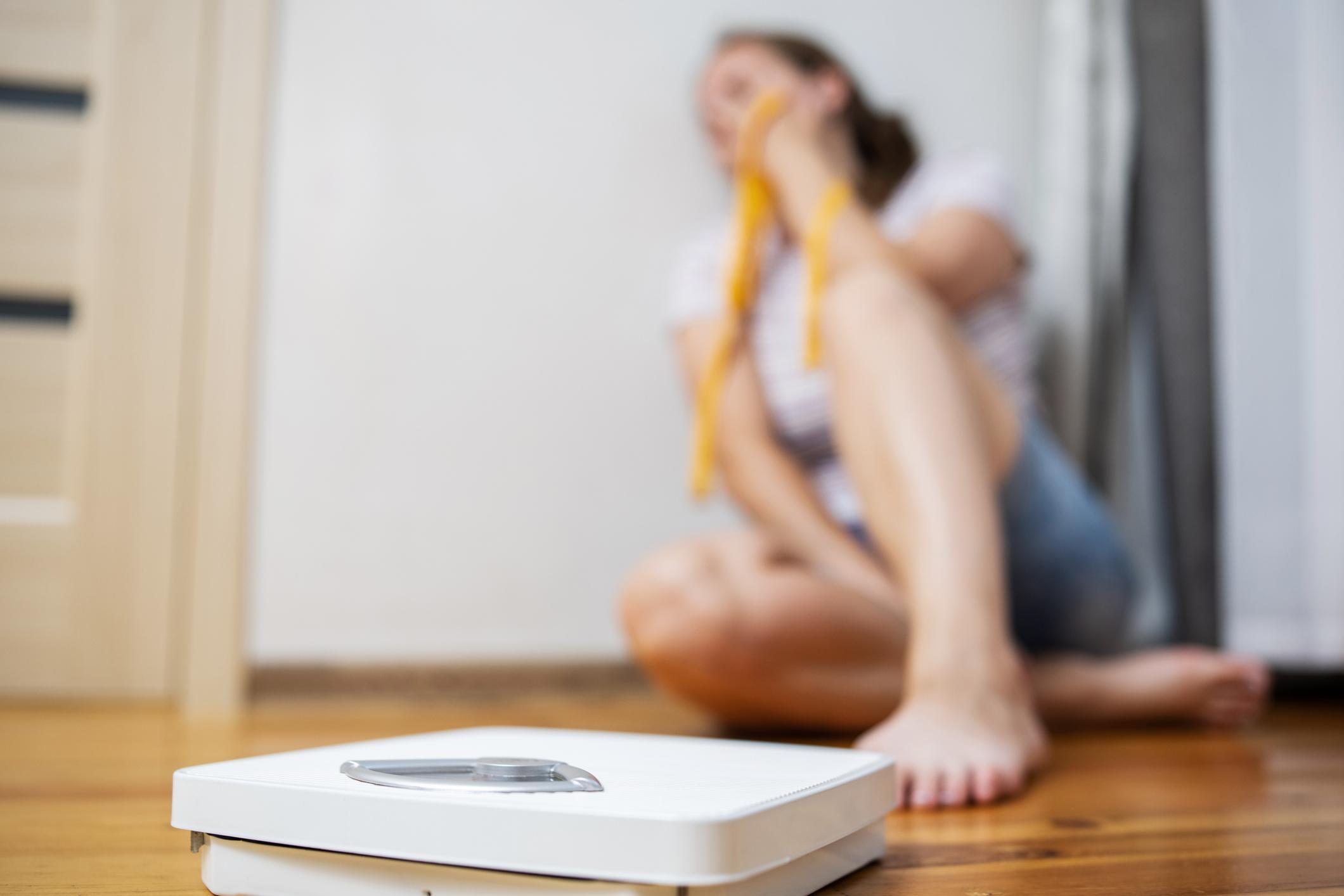Many false beliefs persist about the behaviors to adopt to sleep better: for Sleep Day, specialists are revisiting the most widespread misconceptions.
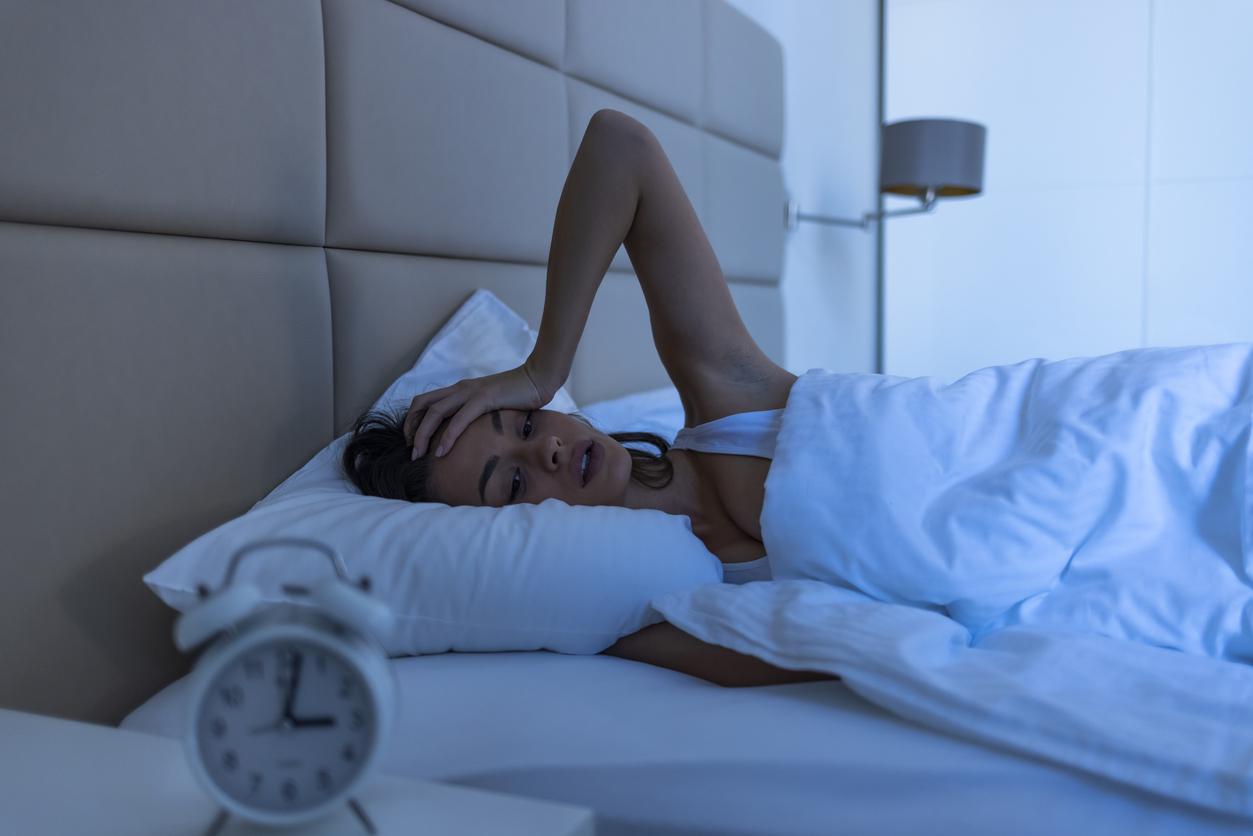
- 3 out of 4 French people who suffer from sleep disorders declare that they have implemented at least one measure to deal with their sleep disorders.
- Nevertheless, many received ideas persist: sleeping in to recover from the lack of sleep of the week, not getting up during the night, playing sports or drinking before sleeping…
- Sleep specialist Isabelle Poirot and her colleague Sylvie Royant-Parola returned to these false beliefs during a press conference for Sleep Day.
37% of French people say they are dissatisfied with the quality of their sleep, in particular those who complain of difficulty sleeping (58%) and also women (44%). This is the rather worrying result of the new INSV/MGEN survey on the sleep of the French, unveiled during a press conference this Tuesday, March 14 organized on the occasion of the 23rd Day of Sleep to come this Friday.
But the people questioned, a sample of 1,000 individuals representative of the population, are not content to complain: 3 out of 4 French people who suffer from sleep disorders declare that they have implemented at least one measure to respond to their sleep disorders and most sleep-damaging behaviors are familiar to them. Nevertheless, the respondents still seem to have a lot of received ideas about positive behaviors for their sleep.
“Recovering” lack of sleep with a lie-in is not recommended
This is particularly the case with regard to the rhythm of sleep, explains Doctor Isabelle Poirot, psychiatrist specializing in sleep disorders at the University Hospital of Lille: “In clinical practice, we observe that if regular bedtime is recorded, the same does not apply to getting up, which is one of the most difficult behaviors to modify because it is imbued with an emotion of well-being. be”. Indeed, while most respondents know that sleeping in a quiet, dark room promotes good sleep (80%), and that it is best to relax and clear your mind before going to sleep (75% ), they are now only a small majority (58%) to have integrated the notion that the rhythm of sleep must be regular with bedtime and waking times that remain the same whether or not you work the next day.
At the same time, 46% of French people believe that sleeping longer makes it possible to recover from a lack of sleep. “However, it is this break in the rhythm between the habits of getting up and going to bed during the week and those during the weekend that leads to sleep disorders”, assures the specialist. This is why it is advisable, on the contrary, to maintain a regular rhythm every day of the week, particularly in people who suffer from insomnia, anxiety and depression. “Even if their night has been cut short and they are sleep deprived, it is recommended that they continue to get up at the same time and recover by taking a short nap, lasting around 20 minutes.” It is therefore better to avoid sleeping in.
Going to bed earlier than usual is not necessarily a good thing
Some people can, however, bend this basic rule of quality sleep, nuance the specialist. “Individuals who cannot live at their own pace during the week due to social constraints, such as teenagers and night and/or shift workers, need to recover on weekends so as not to be sleep-debted. ” However, there is no question of getting up at noon“, she continues. “It is recommended not to sleep more than one hour more than the usual time of getting up on weekdays”, adds the doctor. Advice endorsed by Dr. Sylvie Royant-Parola, psychiatrist and president of the Morpheus Network: “Sleep in until 10 or 11 a.m. maximum, but not beyond, at the risk of disturbing the sleep/wake balance.”
Additionally, 19% think going to bed 2 hours earlier than your usual time is a good thing. However, as in the case of late waking, the break in rhythm imposed by this change in bedtime can induce sleep disorders likely, in predisposed people, to trigger insomnia.
Getting up during the night: good or bad idea?
In addition, the French are barely 1 in 4 to know that in case of difficulty falling asleep, it is better to get up for a few minutes rather than fidgeting in bed. On the contrary, 43% think that getting up at night, when it is difficult to fall asleep, will interfere with sleep. However, this is false: people who tend to ruminate in bed, to fidget, desperately trying to fall asleep without succeeding, have every interest in getting up and going to a quiet, dimly lit room, and engage in a relaxing activity that does not stimulate their brain. “A concept that is still very difficult to pass on to the general publicacknowledges Dr. Isabelle Poirot. You have to admit that it is very counter-intuitive and quite unpleasant!”
But it is better not to fuss too much either. In fact, 29% of respondents believe that practicing intense physical activity before going to bed will help them sleep better. Again, that’s wrong…for most people. “Hyperarousal and the increase in the body’s core temperature will disturb sleep and sleep. This is especially true in sedentary people who hit the gym once a week where the lighting, music and increased core temperature send wakeful signals to the brain.”says Dr. Isabelle Poirot, before qualifying her remarks somewhat because “recent studies, however, challenge this idea in seasoned athletes, who are used to training late, on whom practicing sport even in the evening does not seem to have an impact on their sleep”.
Alcohol: drinking is not good for sleep
Finally, another received idea persists with some: that of alcohol to help you fall asleep. 16% of French people – but 23% of young people and 26% of those who take medication to sleep better – believe that drinking alcohol in the evening promotes good sleep. An idea that goes against all the data of science. “Alcohol, at contrary, disrupts sleep”says Dr. Poirot.
“It allows you to fall asleep faster but fragments sleep while inhibiting the production of melatonin.” It thus disrupts the biological clock and the circadian rhythm (wake/sleep). The effects are especially notable the next day: either the person lacks sleep and finds himself drowsy throughout the day, or he will try to recover for a few hours by taking a nap, which will have the effect of accentuating the lag in the clock.




